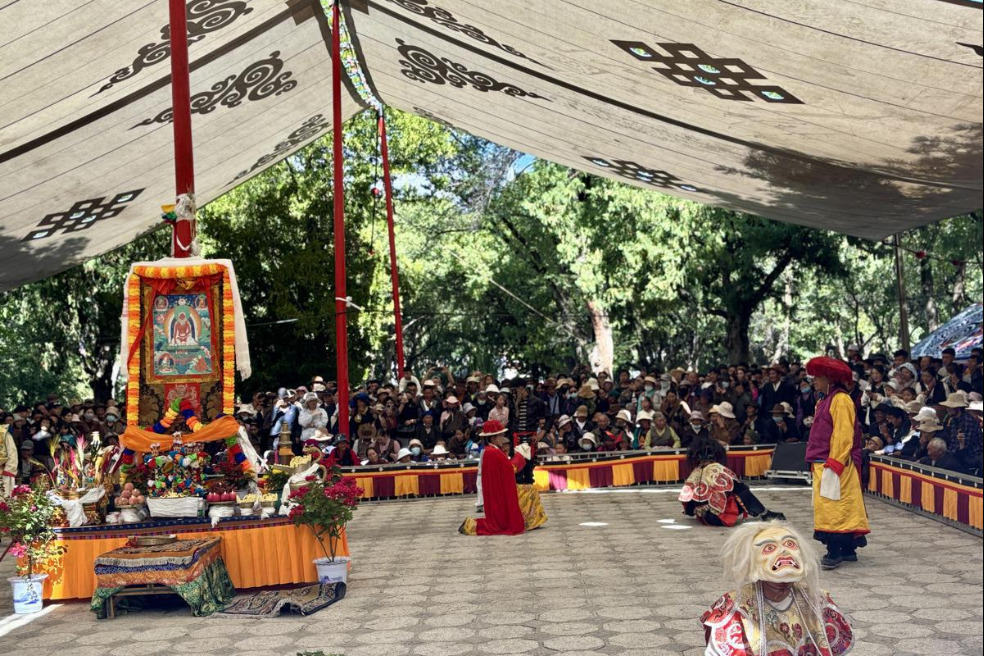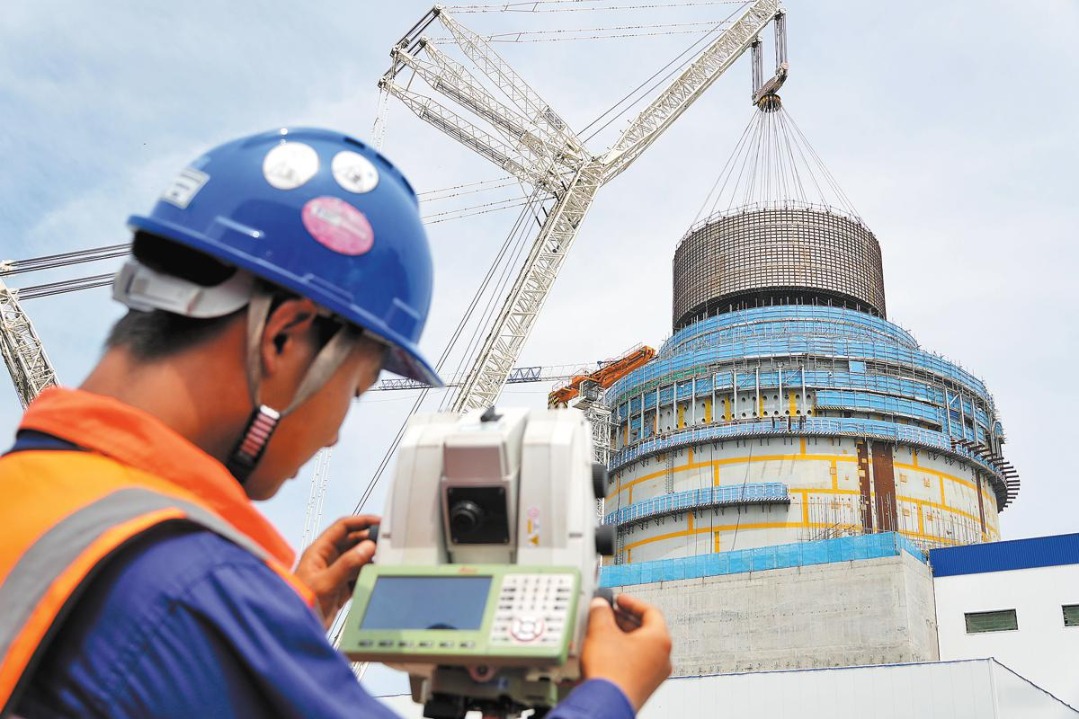Study: Night shifts raise women's risk of cancer

Women who work night shifts could have an increased risk of developing multiple common cancers, especially breast cancer, researchers from China said Monday.
Ma Xuelei, an oncologist at Sichuan University, and his colleagues performed meta-analysis using data from 61 articles comprising 114,628 cancer cases and 3.9 million participants from North America, Europe, Australia and Asia.
It turned out that long-term night shift work among women increased the risk of cancer by 19 percent.
When analyzing specific cancers, the researchers found that this population had an increased risk of skin (41 percent), breast (32 percent) and gastrointestinal cancer (18 percent) compared with women who did not perform long-term night shift work.
After stratifying the participants by location, Ma found that an increased risk of breast cancer was only found among female night shift workers in North America and Europe.
"We were surprised to see the association between night shift work and breast cancer risk only among women in North America and Europe," Ma said. "It's possible that women in these locations have higher sex hormone levels, which have been positively associated with hormone-related cancers such as breast cancer."
Further analysis looked specifically at long-term night shift work and the risk of six types of cancer among female nurses.
They found that those who worked the night shift had an increased risk of breast (58 percent), gastrointestinal (35 percent) and lung cancer (28 percent) compared with those that did not work night shifts.
Of all the occupations analyzed, nurses had the highest risk of developing breast cancer if they worked the night shift.
What's more, the researchers found that the risk of breast cancer increased by 3.3 percent for every five years of night shift work.
The findings were published in Cancer Epidemiology, Biomarkers & Prevention, a journal produced by the American Association for Cancer Research.
"Night shift, as a current social phenomenon, is gaining in popularity and can have adverse effects on health," Ma said in an email. "It's warranted for long-term night shifters to receive tumor screening. Meanwhile, personnel protection measures should be considered."
Xinhua
- 2025 SCO Forum on People-to-People Exchange held in Beijing
- Exhibition commemorating 80th anniversary of victory over Japanese aggression, fascism opens in Macao
- Video series commemorates Soong Ching Ling's peace diplomacy legacy
- Over 40 expatriates make dumplings at a community event in Tianjin
- Shanghai Disney Resort adjusts ticket structure, unveils autumn lineup
- Cutting-edge fungal technology takes center stage at Jilin expo




































